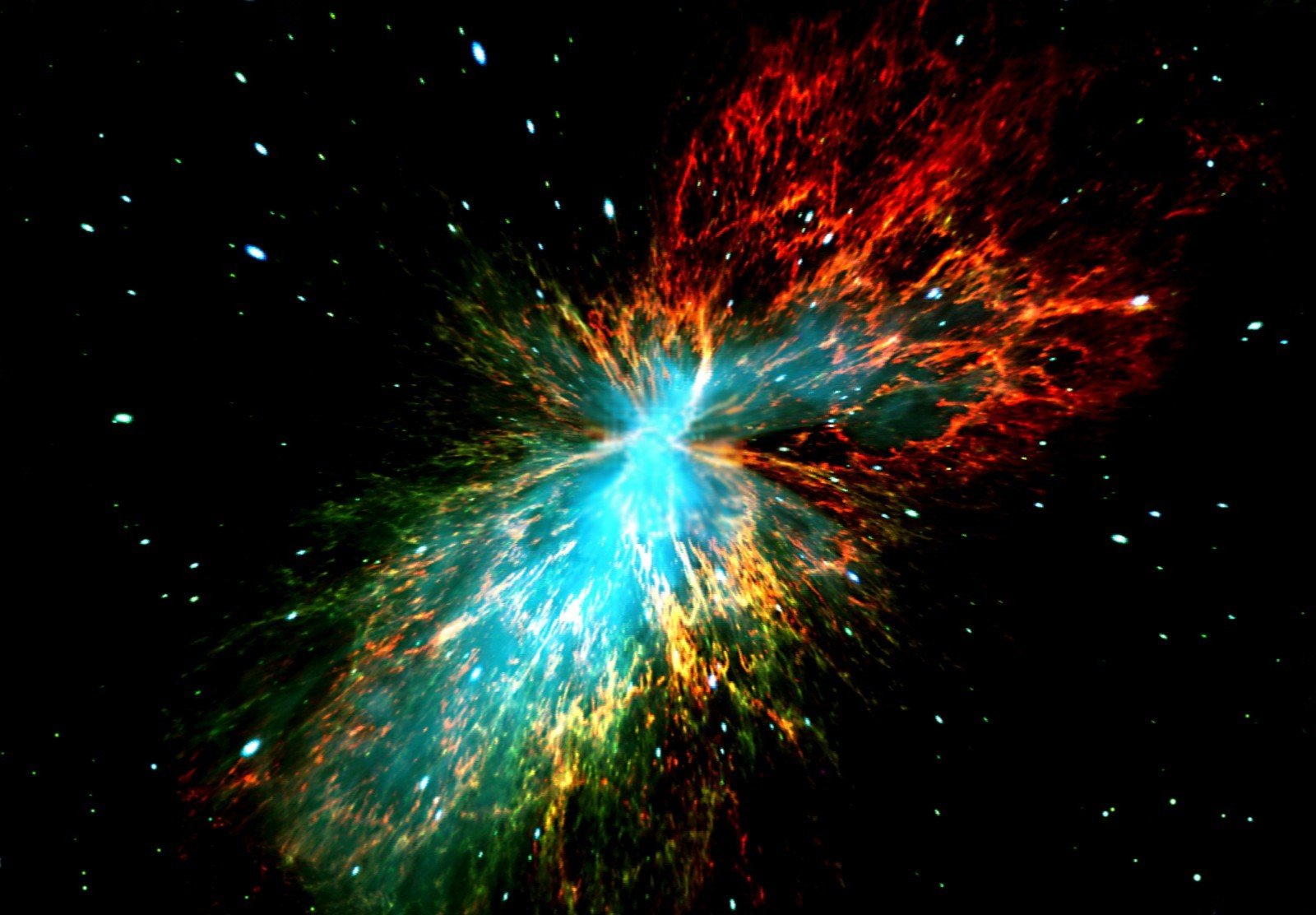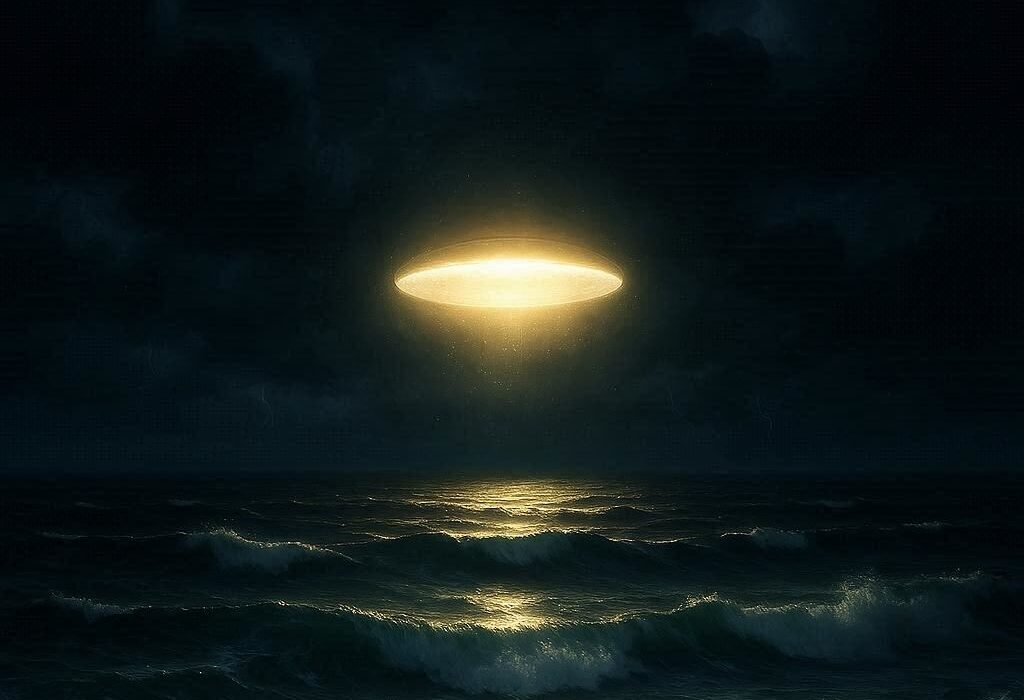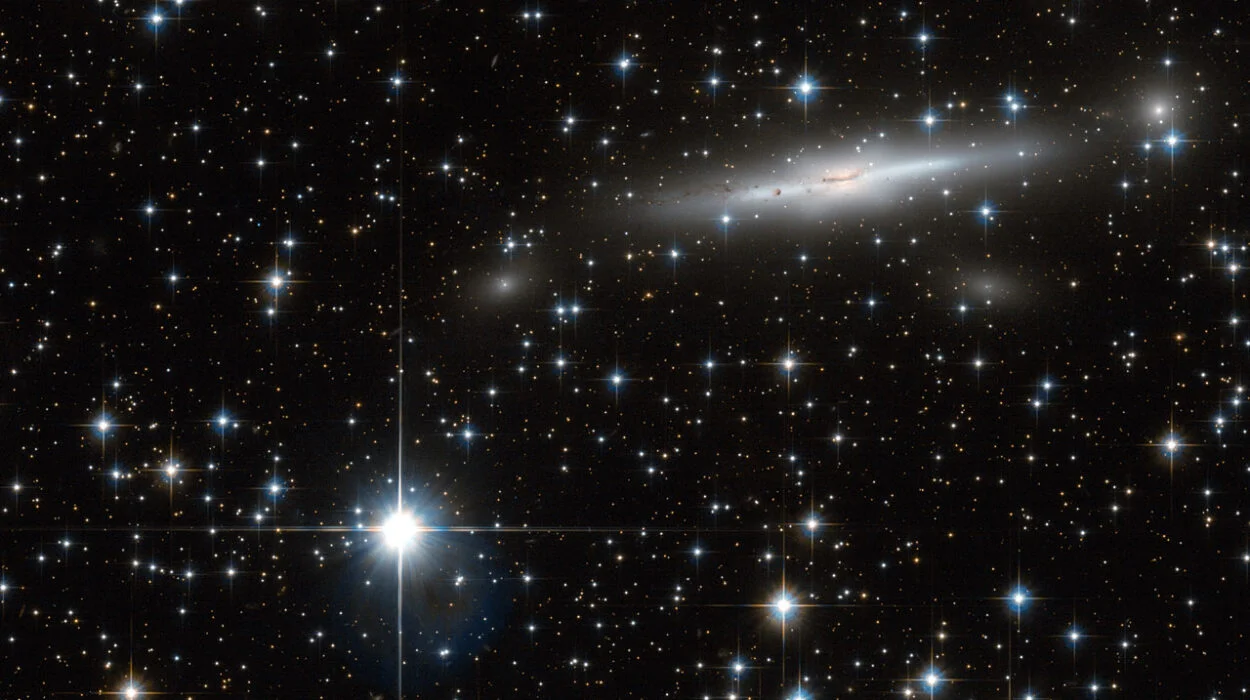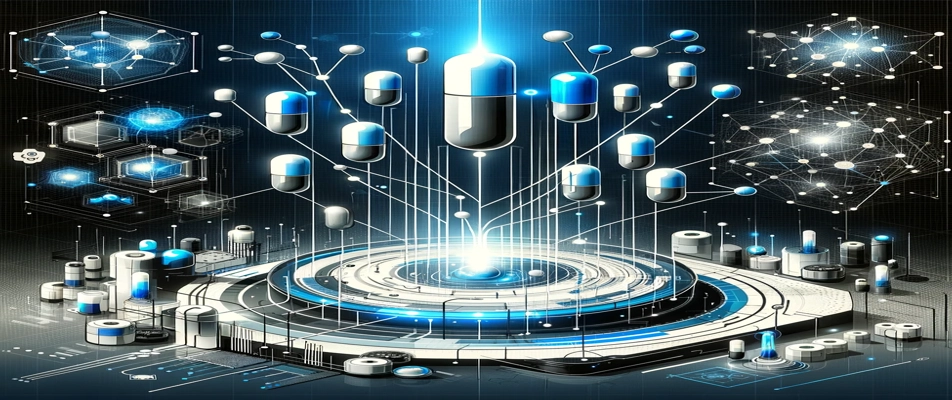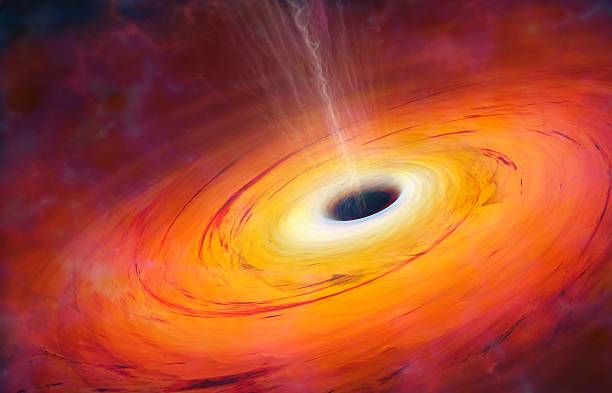Few questions grip the human imagination as powerfully as the origin and destiny of the universe. From the earliest myths of creation whispered around firelight to the equations of modern physics scribbled on chalkboards, we have always asked: Where did everything come from? And will it all one day vanish?
This is not simply a scientific puzzle. It is an existential ache within us. To wonder about the universe’s beginning is to wonder about our own beginnings. To question its end is to question the fate of everything we love and know.
The story of the cosmos is not just an abstract tale of galaxies and atoms—it is our story. Every breath we take, every star we gaze upon, every thought that flickers in our mind is bound to the universe’s great unfolding drama.
To explore how the universe began and whether it will ever end is to embark on the grandest journey of all: a journey into the heart of existence itself.
The Ancient Myths of Creation
Before science, human beings turned to myth, poetry, and religion to explain the universe’s birth. In Mesopotamia, creation was seen as a cosmic battle between gods. In Hindu cosmology, the universe was born from the sound of a divine vibration, Om, endlessly cycling through creation and destruction. The Bible describes the universe spoken into existence by the word of God. The Greeks imagined chaos giving rise to Gaia, the Earth.
These myths were not foolish fantasies—they were early attempts to grapple with questions so vast that even today they stretch our imagination. They reveal the hunger within humanity to seek meaning in the vast darkness of existence.
Science did not erase this hunger. Instead, it gave us tools to refine our questions and search for answers beyond myth, in the silent language of observation, mathematics, and experiment.
The Birth of the Universe: The Big Bang
The modern scientific story of the universe’s beginning starts with the Big Bang theory. According to this idea, the universe began around 13.8 billion years ago as a singularity—an unimaginably small, hot, and dense point where all space, time, matter, and energy were compressed together.
The term “Big Bang” can be misleading, because it was not an explosion in space—it was the rapid expansion of space itself. Space and time were born in that instant, carrying galaxies, stars, and eventually life in their wake.
In the earliest moments, the universe was a searing ocean of energy. In less than a trillionth of a second, it underwent a period of cosmic inflation, expanding faster than the speed of light. As it cooled, energy transformed into particles, and eventually atoms formed. From these humble beginnings, stars and galaxies emerged, lighting up the cosmos with brilliance.
What makes the Big Bang more than speculation is evidence. The faint afterglow of the early universe, called the cosmic microwave background radiation, still bathes the sky in every direction, a silent echo of that primordial fireball. The expansion of the universe, discovered by Edwin Hubble, continues today, with galaxies racing away from one another like cosmic rafts on an ever-growing ocean.
Before the Beginning: Can We Even Ask?
But the Big Bang, as powerful as it is, raises another question: what happened before it? Was there a “before”?
Here science runs into profound limits. Since time itself began with the Big Bang, asking what came “before” may be like asking what lies north of the North Pole. Some physicists suggest the Big Bang was not the beginning but a transition—a rebirth in an eternal cycle of universes. Others propose that quantum fluctuations in a “multiverse” gave birth to our cosmos.
These ideas remain speculative, but they remind us that the Big Bang is not the end of the story. It is the visible beginning of our universe, but perhaps not the ultimate beginning of reality.
The Expansion of the Universe
One of the most astonishing discoveries of the 20th century was that the universe is not static—it is expanding. Galaxies are drifting apart, not because they are moving through space, but because space itself is stretching.
Imagine dots on the surface of a balloon. As the balloon inflates, the dots move away from one another, not because they are walking, but because the surface itself is expanding. Our universe behaves in a similar way.
And the expansion is not slowing down—it is accelerating. Something mysterious, known as dark energy, is pushing the universe apart faster and faster. Its nature remains one of the greatest puzzles in science. Is it a property of space itself? A new form of energy? Or something even stranger?
This accelerating expansion is not just a curiosity—it holds the key to the universe’s future.
Possible Fates of the Universe
If the universe had a beginning, will it have an end? The answer depends on the balance between gravity (which pulls matter together) and dark energy (which pushes space apart). Several scenarios have been proposed.
The Big Freeze
If dark energy continues to dominate, galaxies will drift farther and farther apart. Stars will burn out, one by one. The universe will grow colder, emptier, and darker, until only faint embers remain. This is called the heat death or Big Freeze—a universe that dies not with a bang, but with an eternal whisper of silence.
The Big Crunch
If gravity were to overcome expansion, the universe could eventually reverse course, collapsing in on itself. Galaxies would rush inward, stars would collide, and space-time itself would fold back into a singularity, mirroring the Big Bang in reverse. This scenario is known as the Big Crunch.
The Big Rip
Another possibility is more dramatic. If dark energy becomes stronger over time, it could eventually tear apart galaxies, stars, planets, and even atoms themselves in a catastrophic Big Rip. Space would literally shred itself apart, ending everything in unimaginable violence.
Eternal Cycles
Some theories suggest the universe may not end at all but instead cycle endlessly through expansion and collapse—birth, death, and rebirth, like a cosmic heartbeat. In such a universe, the Big Bang would not be the first beginning, nor the last.
The Role of Human Understanding
What is striking about these possibilities is that they are not merely fantasies—they are grounded in physics, mathematics, and observation. And yet, they remain open-ended. We do not know which fate awaits us, because the nature of dark energy, the hidden mass of the universe, and the full laws of physics are still shrouded in mystery.
Our quest to understand the universe’s destiny is as much about knowing ourselves as it is about knowing the cosmos. It reminds us of our fragility, our impermanence, but also our astonishing ability to look billions of years into the past and billions more into the future.
The Beauty of a Finite Existence
Some may find these cosmic endings bleak, but there is beauty in them. The fact that the universe had a beginning means that existence is not eternal chaos, but a story with chapters. The fact that it may one day end gives meaning to the fleeting brilliance of life within it.
Stars live and die, galaxies form and dissolve, and we—tiny sparks of consciousness—are part of that vast cycle. The universe’s impermanence does not diminish its grandeur; it enhances it. Beauty lies in transience, in knowing that everything we see is part of a cosmic drama unfolding across eons.
The Spiritual Dimension of the Cosmic Story
Though science describes the mechanisms of the universe, the questions of meaning remain with us. What does it mean that we are creatures who can ponder the birth and death of the cosmos itself? Why should matter, assembled in the right way, awaken into consciousness capable of asking about eternity?
These questions bridge science, philosophy, and spirituality. They remind us that science is not the enemy of wonder, but its companion. The more we learn about the cosmos, the deeper the mystery becomes, and the more profound our sense of awe.
The Universe Within Us
When we ask how the universe began and whether it will end, we are not simply asking about something “out there.” We are asking about ourselves. The carbon in our bodies was forged in the hearts of ancient stars. The oxygen we breathe was born in cosmic furnaces. The atoms of our hands and hearts are as old as the universe itself.
We are not separate from the cosmos—we are its expression. To understand its beginning and end is to understand our place in the grand story of existence.
The Endless Horizon of Knowledge
Will we ever truly know how the universe began or how it will end? Perhaps not completely. Perhaps some mysteries will remain forever beyond our grasp. Yet science thrives not only on answers, but on the questions themselves.
Each discovery brings us closer, even as it reveals deeper mysteries. The universe is not a finished book but a living story, one that invites us to keep reading, keep wondering, and keep searching.
Whether the cosmos ends in fire, silence, or renewal, one truth remains: we are the universe becoming aware of itself. And that is the greatest miracle of all.
Conclusion: Our Place in the Cosmic Symphony
How did the universe begin? In a blaze of creation from a singularity, expanding into galaxies and stars. Will it ever end? Perhaps in freezing silence, fiery collapse, or cosmic rebirth. We cannot yet say with certainty.
But perhaps the greater truth lies not in the beginning or the end, but in the middle—in the fact that here, in this brief flicker of cosmic time, we exist. We can ask, wonder, dream, and write our place into the universe’s unfolding story.
The universe began, and one day it may end. But between those two mysteries lies the song of existence—the galaxies spinning, the stars burning, the Earth blooming, and us, human beings, daring to ask the greatest questions of all.
